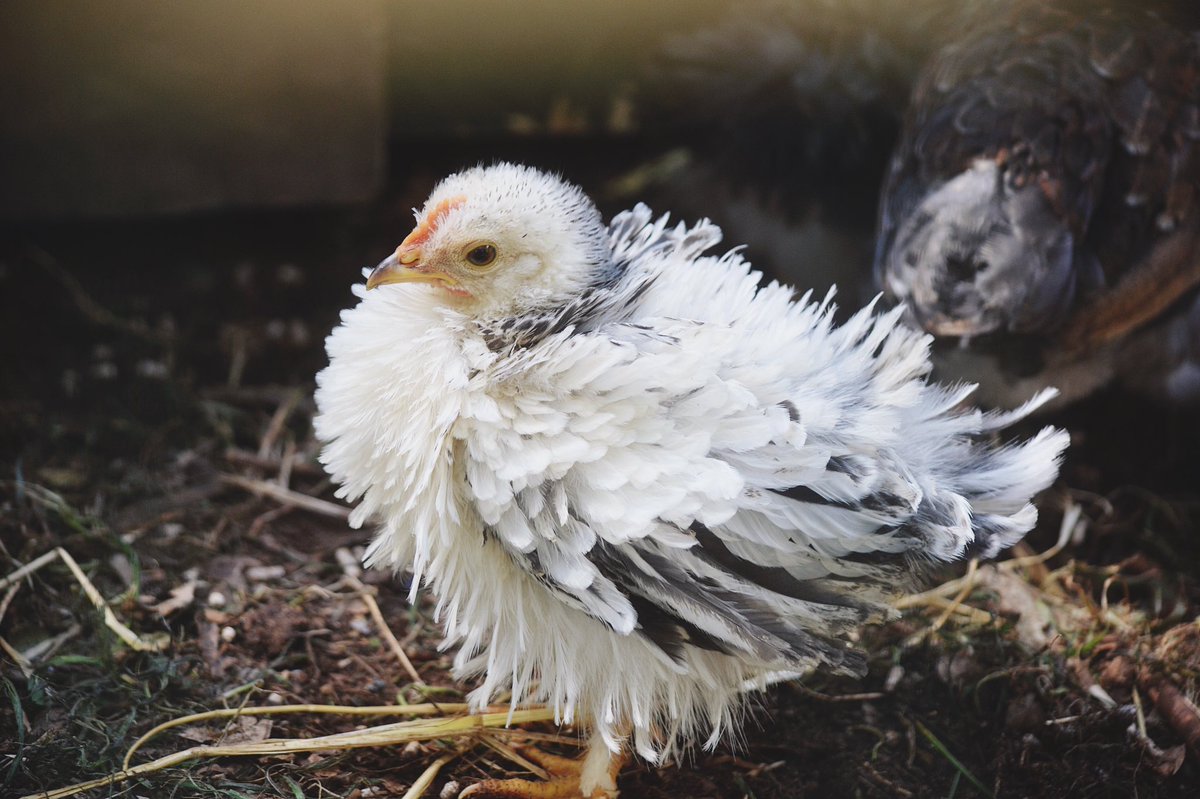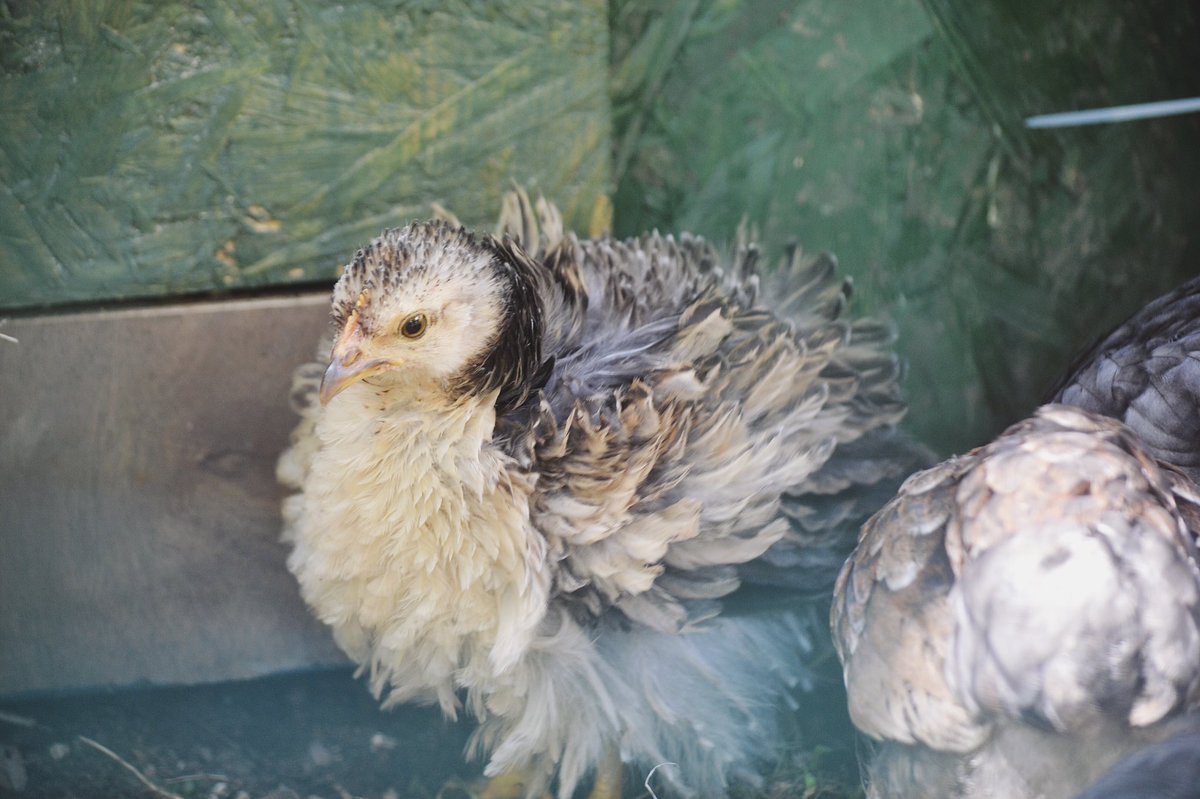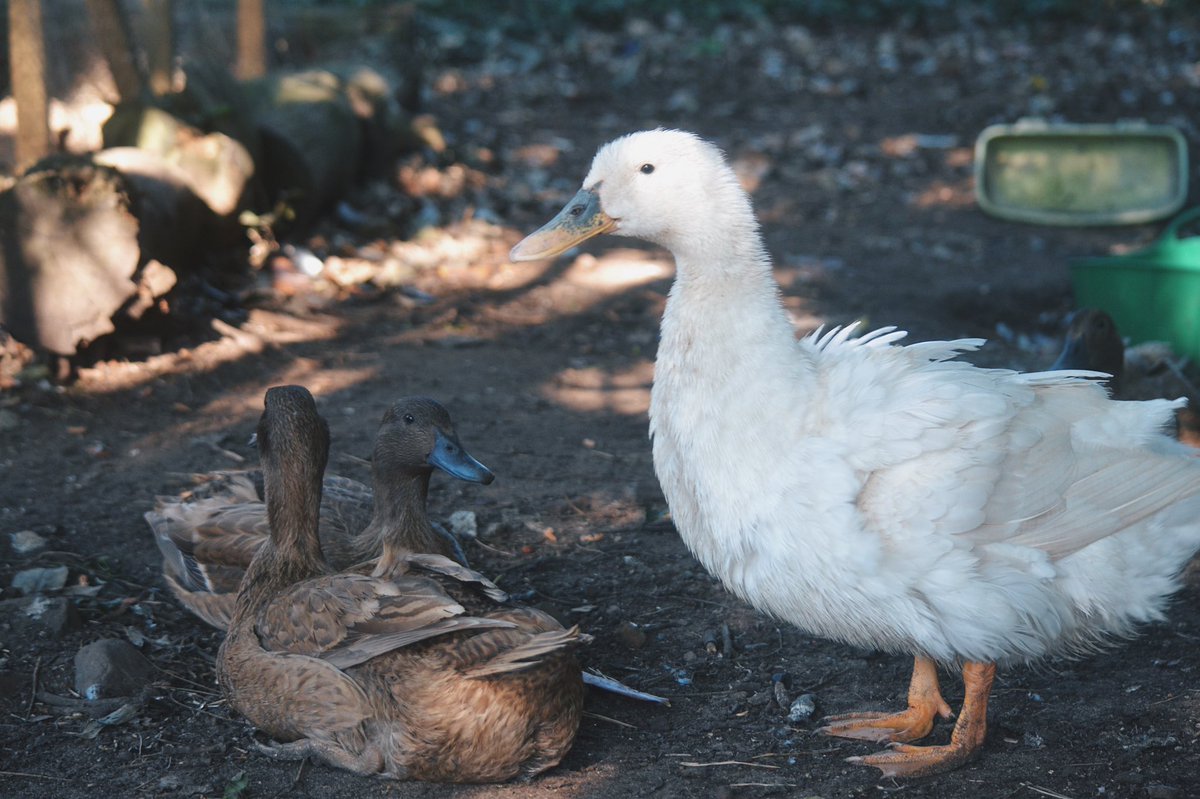This morning I was on the #MeToo in anthropology panel at #ASAOxford presenting on fieldwork safety, sexual misconduct, & the intersection between that & Protected Characteristics.
Here’s my presentation as a thread..
Thank you so much @theasainfo @MeTooAnthro for having me!
Here’s my presentation as a thread..
Thank you so much @theasainfo @MeTooAnthro for having me!

Firstly, I’m Danielle Bradford, a biological anthropology student at @Cambridge_Uni @CamBioanth. Over the past year I’ve been carrying out research into sexual misconduct in fieldwork contexts... 





Justifying this work to others has been a challenge. At times I’ve been told that it is ‘not relevant’ to arc&anth. I argue it’s not just relevant but the most important avenue of research that can currently be carried out to ensure the continuation & progress of our disciplines.
But why did I decide to study this? Well...
Whilst there has been a huge focus on access for women & minority groups in academia, there’s little focus on retention of these groups.
Meyers found that 53% of those who reported negative impacts of misconduct left archaeology.
Whilst there has been a huge focus on access for women & minority groups in academia, there’s little focus on retention of these groups.
Meyers found that 53% of those who reported negative impacts of misconduct left archaeology.

We have a situation in which 71% of women have been harassed on site, and 26% assaulted.
Outreach means nothing if women and minority groups are entering an unsafe and hostile environment. These initiatives fail if countless individuals are being forced to leave our disciplines

Outreach means nothing if women and minority groups are entering an unsafe and hostile environment. These initiatives fail if countless individuals are being forced to leave our disciplines


The study I’m presenting today is an internal pilot study, consisting of a survey distributed to the arc & anth department at my uni.
The purpose:
— To identify the risks marginalised groups face in fieldwork
— inform policy in the form of risk assessments and training.

The purpose:
— To identify the risks marginalised groups face in fieldwork
— inform policy in the form of risk assessments and training.


We decided to split the survey into two parts... details about the respondents, including whether they possessed a Protected Characteristic under the 2010 equality act (e.g. disability, gender, sexual orientation), and then their fieldwork experiences.
We decided to focus on protected characteristics in light of the @1752Group report that found ‘a clear correlation between being a woman and/or gay, queer, or bisexual and experiencing misconduct’.
Is this the same for fieldwork? How can we protect these groups?
Is this the same for fieldwork? How can we protect these groups?

Our results showed that 23% of respondents experienced sexualised incidences, & 11% assault in the field.
Sexualised incidences inc sexualised comments, others asking/hinting/suggest sex to the respondent, sharing intimate details that made the respondent uncomfortable, etc.
Sexualised incidences inc sexualised comments, others asking/hinting/suggest sex to the respondent, sharing intimate details that made the respondent uncomfortable, etc.

We asked respondents to rate to what extent they felt safe & able to carry out their work on site.
Disabled individuals reported feeling significantly less safe than abled respondents.
Disabled individuals reported feeling significantly less safe than abled respondents.

When looking at sexualised incidences and experiences of assault by protected characteristics we found no significant results.
However, there are differences in data — 40% of disabled individuals experienced assault, vs 16% of abled respondents. 17% of women vs 0% of men.

However, there are differences in data — 40% of disabled individuals experienced assault, vs 16% of abled respondents. 17% of women vs 0% of men.


So — what does this mean?
Ultimately, our sample size is too small to draw any concrete conclusions. There are some differences between groups with protected characteristics and those without.
We need a wider survey, & more academic space being given to this research.
Ultimately, our sample size is too small to draw any concrete conclusions. There are some differences between groups with protected characteristics and those without.
We need a wider survey, & more academic space being given to this research.

One of the issues we faced was backlash to our study. One respondent commented describing this is ‘normal everyday archaeological life’.
Saying such a thing in response to a survey on sexual misconduct is very telling. It reminded me why I’m doing this research, & why we fight.
Saying such a thing in response to a survey on sexual misconduct is very telling. It reminded me why I’m doing this research, & why we fight.

We must push back against the idea that misconduct is a ‘normal’ part of academia, & that wanting to work in a safe environment is somehow a weakness. We all need to be turning around and saying, “this is not the kind of discipline I want”.
#TimesUpAcademia #MeToo
#TimesUpAcademia #MeToo
• • •
Missing some Tweet in this thread? You can try to
force a refresh

















